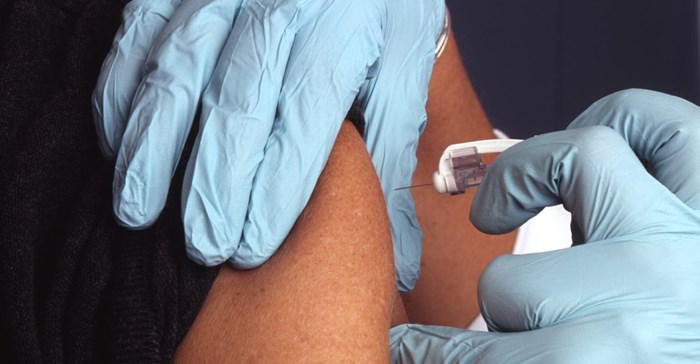Vaccinations will open up the country and our economy

We are not unaware that there are still many who are not convinced of the safety of the vaccines or how effective they are in reducing the impact of the disease.
What we know with certainty about vaccines, in general, is that they have historically been used to successfully control and even eliminate the spread of virus-based diseases and epidemics since the late 1700s. These include smallpox, measles, polio, diphtheria, tetanus, pertussis, and influenza, to name a few.
Simple, safe and effective
We do not know of any scientific evidence that shows that vaccines change your DNA. By using your body’s natural defences to build resistance to specific infections and make your immune system stronger, vaccines are a simple, safe, and effective way of protecting people against harmful diseases.
However, all vaccines (and medicines) do have side effects, even the most commonly used paracetamol has them. In the field of medicine, it is accepted that there may be some mild and short-lasting symptoms following vaccination, and rarely serious ones needing emergency medical attention.
With that understanding and acknowledgement that individuals react differently to pharmaceutical interventions including the vaccines, and to understanding and promptly manage the more severe reactions to the Covid-19 vaccine, the tracking of adverse reactions is a crucial part of the rollout. What is termed pharmacovigilance?
This vigilance is also being exercised as a way of building public trust and a safe vaccination environment during this massive national vaccination rollout programme, with one of the main objectives being to help develop population immunity against Covid-19. This is achieved when the majority of people in a country develop an immunity to the virus. Therefore if people do not trust the vaccine and refuse to be vaccinated, this will impact negatively on efforts to reach population immunity, and ultimately on South Africa being able to overcome the pandemic.
Benefits outweigh risks
Based on the scientific data from the trials already conducted, we can thus advocate for the safety and use of these vaccines. Many countries have also vaccinated millions of people with a significantly small percentage of individuals reporting serious adverse effects. The benefits of getting a jab still far outweigh the risks of the potential adverse effects, which themselves depend on several epidemiological factors and not just the vaccine itself.
However, since vaccines to control Covid-19 are new, having been developed at an unprecedented pace, there is also rigorous and ongoing monitoring of adverse events at country and international levels. There is global pharmacovigilance by the Centers for Disease Control and Prevention (CDC) and by the World Health Organisation, to mention a few.
We are, of course, still learning about the longer-term impact of vaccines. For instance, we do not know at this stage, how long the vaccines will protect you against the coronavirus. It may be similar to the influenza virus, where one requires a booster each year. We simply do not have any certainty but doing the best we can to act fast based on the scientific information and expert advice we currently have. The global research community is actively looking into this and when more conclusive information is available, this will be shared with people.
Positive impact
The positive impact of Covid-19 vaccinations cannot be ignored. A team of KwaZulu-Natal researchers recently published their findings in The Lancet medical journal, showing that for each person who has been protected from dying from Covid-19, “16.8 life years” are saved.
The Covid-19 pandemic threw the world into disarray. It brought serious illness, death and for some, long term health effects. It threatened to collapse the healthcare sector, and in many countries, it did. Family structures were not spared by this disease and have left many children orphaned and destitute. Based on international collaborations, enabled by amongst others, technology, the scientific community has been able to develop a few vaccines that have been shown to protect us from serious illness and death.
























